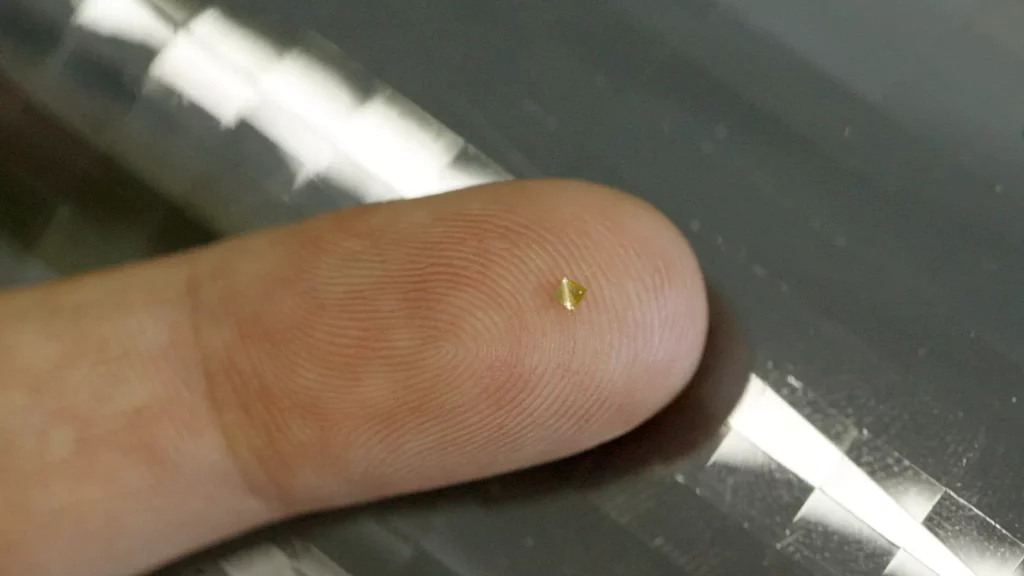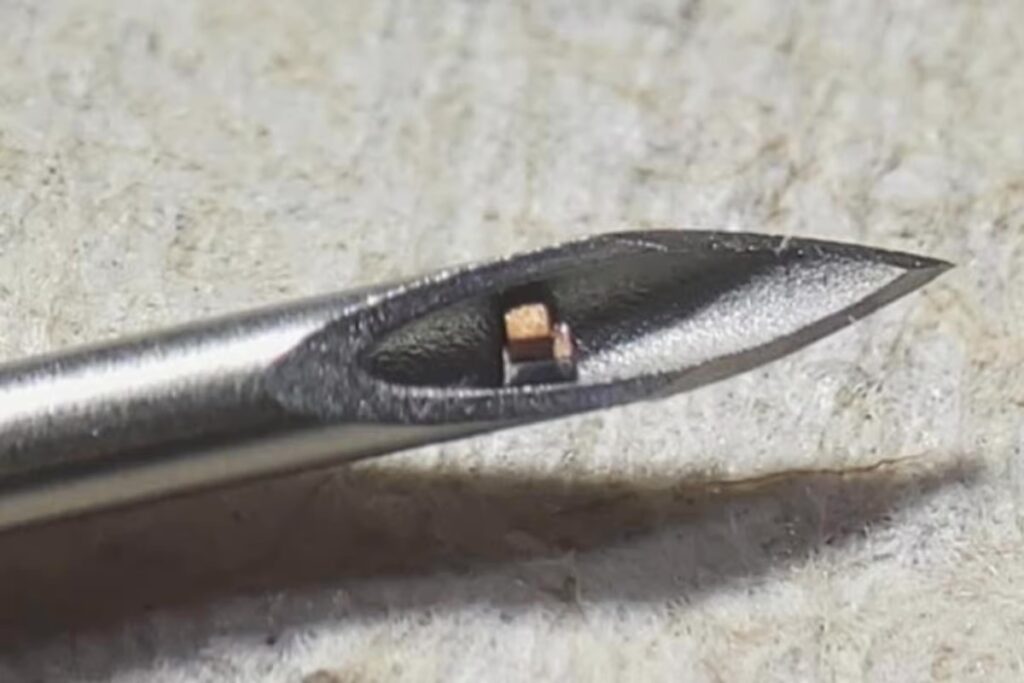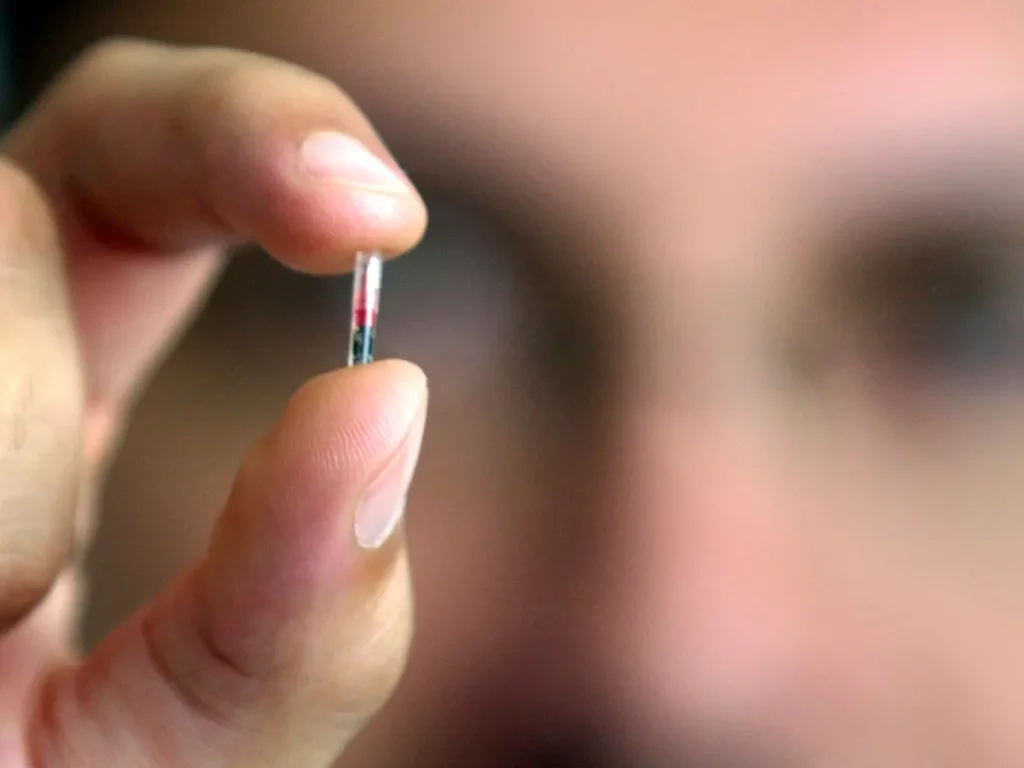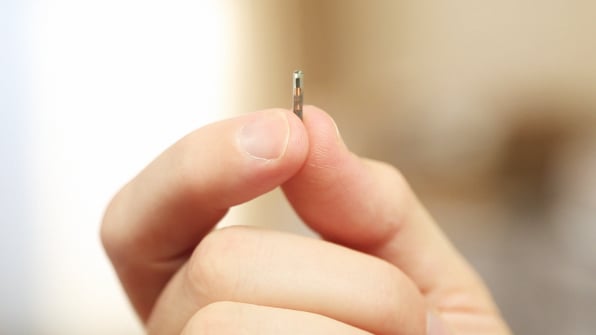Title: “Microchips: The Tiny Tech Revolution Inside Our Bodies”
In an age where technology continues to shrink the boundaries of what’s possible, microchips are following suit, becoming smaller and more advanced than ever before. What’s more, they are no longer confined to our gadgets but are making their way under our skin. These minuscule wonders hold the potential to revolutionize not just healthcare, but a multitude of industries. Let’s dive into the world of these small but mighty chips.
- Under-skin RFID chips: Picture a chip as small as a few grains of sand, and you’ve got under-skin RFID chips. Their applications are vast, from enabling contactless payments to granting access to smart homes with a wave of your hand. You can spot them at events like MWC Barcelona, where convenience meets technology.

- World’s smallest single-chip system: Engineers at Columbia University have achieved the unimaginable, creating a fully functional electronic circuit with a total volume of less than 0.1 mm3. Yes, you read that right – smaller than a grain of salt. What’s more, this chip can be implanted with a hypodermic needle, opening doors to applications like monitoring internal body temperature and possibly much more.

- Human microchip implants: Take a step further, and you’ll find microchip implants designed for humans. Encased in silicate glass, these tiny devices are typically used for identification and data storage. They carry a unique ID number, which can be linked to external databases containing personal identification, medical history, and contact information. The potential here is limitless, spanning law enforcement, healthcare, and much more.

- World’s smallest implantable chip: Staying at Columbia University, scientists have crafted a microchip so minuscule it’s on par with dust mites. Measuring less than 0.1 cubic millimeter, these “motes” can only be seen under a microscope. Their promise? Detecting medical conditions, potentially including strokes. This breakthrough could reshape the way we approach healthcare.

- COVID vaccine passport microchip: The COVID-19 pandemic has accelerated innovation in healthcare technology. A Swedish company has introduced under-skin microchips for COVID vaccine passports. These tiny, grain-sized implants are placed beneath the skin and, when scanned, reveal an individual’s COVID vaccine passport. It’s a glimpse into the future of health verification.
While these tiny chips hold immense promise for improving healthcare and various industries, they also raise concerns, especially when it comes to privacy and security. Proponents argue that these chips are generally safe and secure against hacking. However, scientists and privacy advocates worry about the sensitive health data that could be stored on these devices. As technology advances, it’s crucial to carefully weigh the potential benefits and risks of implantable microchips and navigate this brave new world with cautious optimism.

